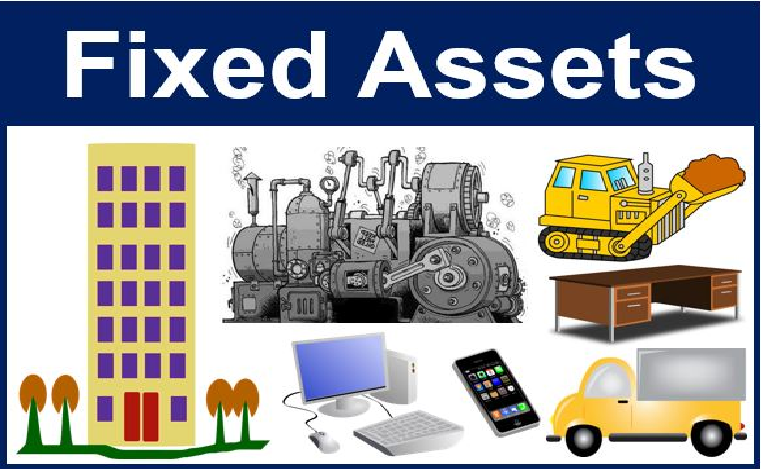A business is set up with some necessary items or resources which are essential for the growth of the business. The examples of such items can be land, building, computer, machinery, etc. These are known as assets, and they help the company to earn a profit during their lifetime. One such type of asset is a fixed asset, and we will be learning more about it in this article.
Fixed Assets – Definition
A fixed asset is referred to as items that are a long-term piece of property or equipment that a firm owns and uses it in generating income by utilizing it for running operations. Fixed assets are not consumed or converted into cash within a year and as such is used for long term planning for the business.
Hence, fixed assets are known as non-current assets also. Fixed assets are represented in the balance sheet as property, plant, and equipment. They are also known as capital assets.
The purpose of a fixed asset is to provide benefits to the organization for more than one accounting period.
Types of Fixed Assets
Fixed assets are categorized into two main types:
1) Tangible and
2) Intangible Assets
Let’s know more in detail about the types of fixed assets.
Tangible Assets
Tangible assets are those assets that have a defined monetary value and a physical form. It includes buildings, land, hardware, various equipment, vehicles, furniture, etc. These resources are required to maintain your business. Some fixed assets, for example, land or structures may get more value with time and hence are not depreciated in long tenure.
Tangible assets can be used as collateral for loans since they are robust and provide long-term valuations that are useful for a lender. These assets usually require a significant amount of maintenance to keep them running.
Intangible Assets
Intangible assets are assets not having a physical presence. The most well-known examples can be goodwill, intellectual property, patents, trademarks or copyrights. Intangible assets can be valuable to a firm’s growth and critical for long term success or failure of the organisation.
To understand more about how to manage a business, read Business Studies Class 12 or stay tuned to BYJU’S.

